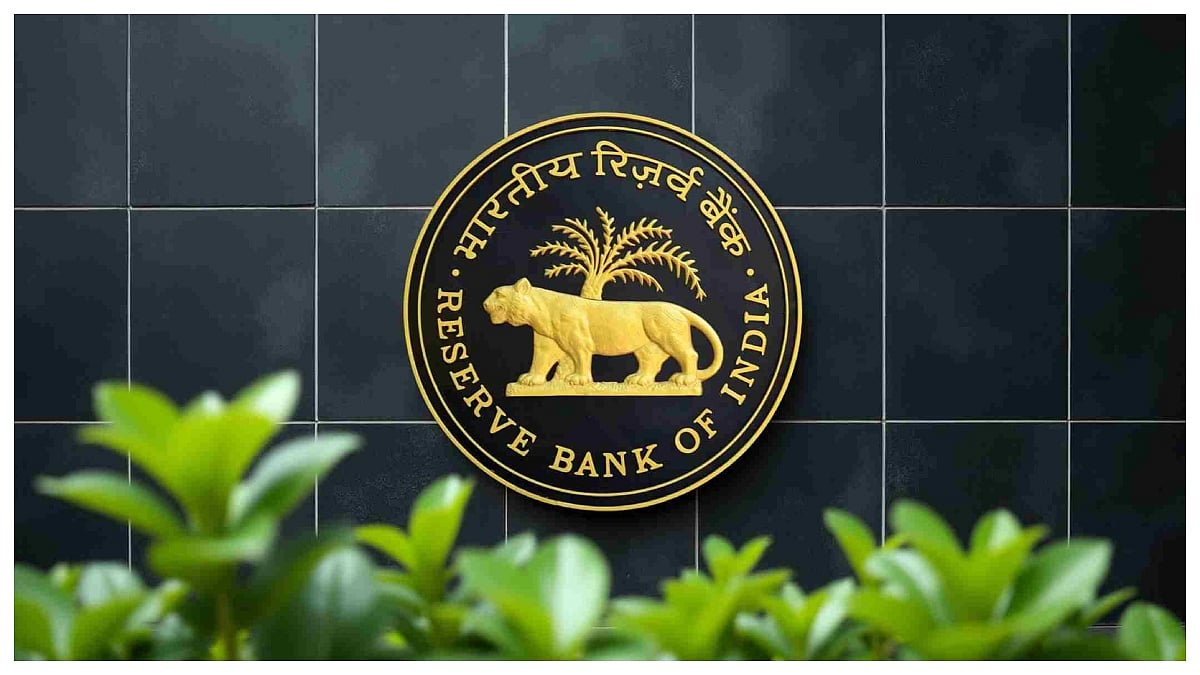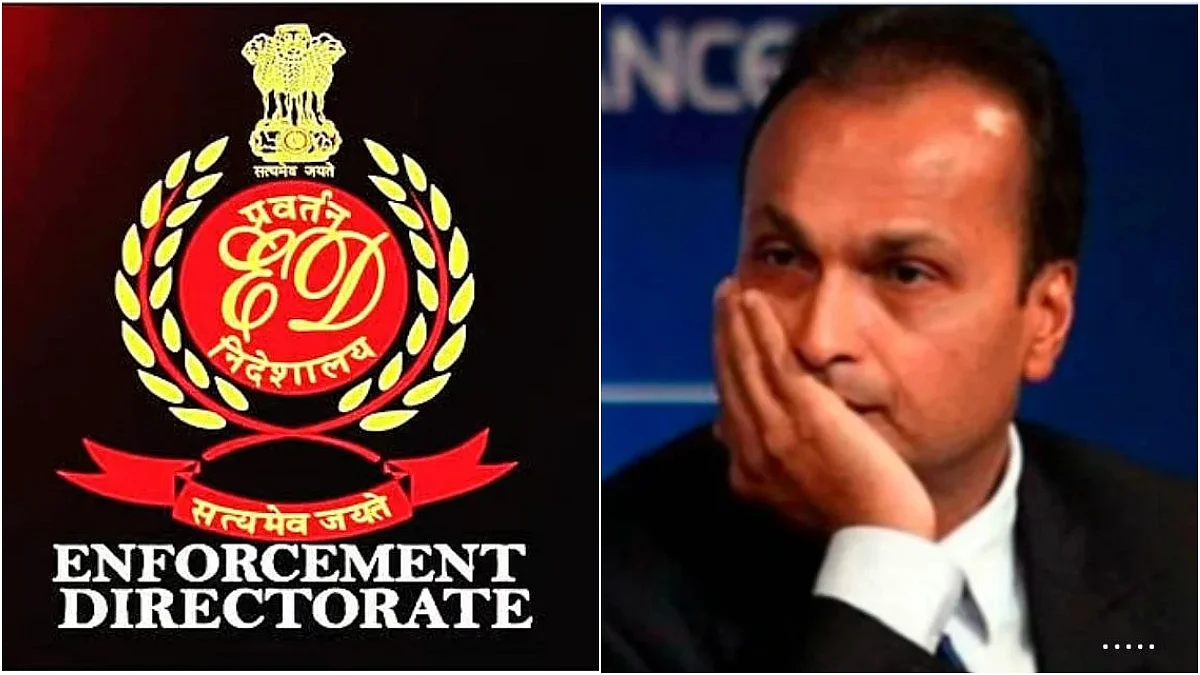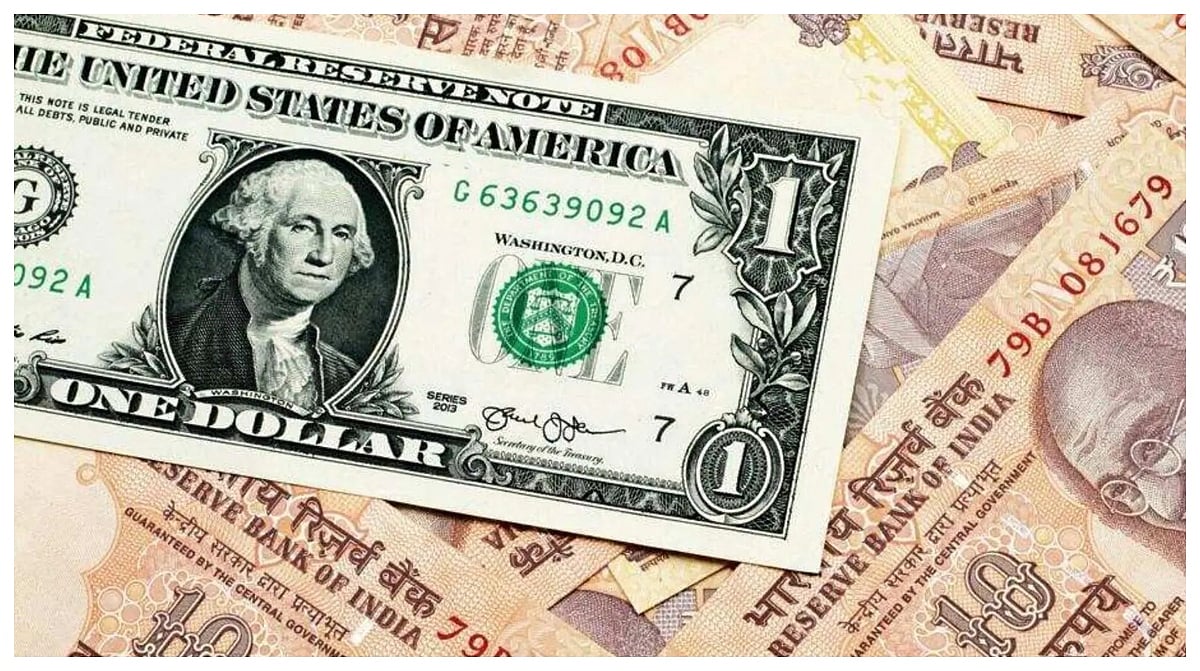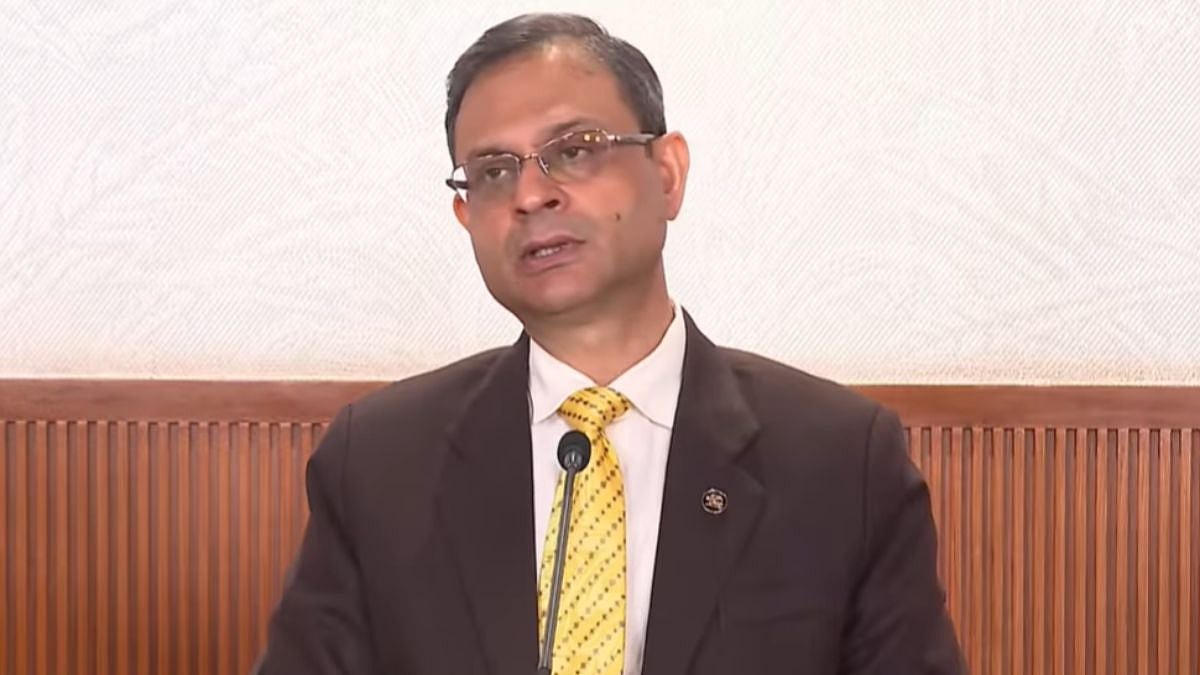The Supreme Court of India recently intervened to stay the Ministry of AYUSH's July 1 notification that omitted Rule 170 of the Drugs and Cosmetics Rules, 1945. This rule specifically prohibited misleading advertisements of Ayurveda, Siddha, and Unani drugs.
The bench was comprised of Justices Hima Kohli and Sandeep Mehta.
The case not only highlighted about the implications of the omission but also pointed out the broader issues related to misleading medical advertisements, and the role of celebrity endorsements.
The Controversy Surrounding Rule 170
The 'Rule 170' was established to prevent misleading claims in the promotion of traditional medicine systems like Ayurveda and Unani. The Ministry of AYUSH’s July 1, 2024 notification omitted this rule, sparking various concerns from various stakeholders.

Supreme Court of India | PTI
The apex Court, in an earlier order on May 7, had also specifically directed the ministry to avoid diluting consumer protection standards.
However, by omitting this Rule 170, the ministry’s move seemed to directly contradict the court’s guidance, leading to the judicial intervention.
.jpg)
IMA’s Apology and Compliance Issues
Representing the Indian Medical Association (IMA) President, Senior Advocate PS Patwalia, faced scrutiny from the bench when presenting proof of an apology published across 20 publications.
Justice Kohli noted and pointed out the inadequacy of the apology’s visibility, highlighting that the font was nearly illegible.

Ministry of Ayush/Representational Photo | File photo
The court also ordered to present physical copies of these publications within a week, noting that a full-page ad was not mandatory or necessary, but legibility and proper acknowledgment were crucial .
Furthermore, the highest court of the country also examined the compliance of various states and Union Territories (UTs) with previous orders regarding misleading health claims. Despite several instructions and directives, some states like Arunachal Pradesh, Dadra and Nagar Haveli, Daman and Diu, and Sikkim had failed to file necessary affidavits.
The court has provided the Ministry until September 30, 2024, to file a detailed affidavit, but until then, the July 1 notification stands stayed.









